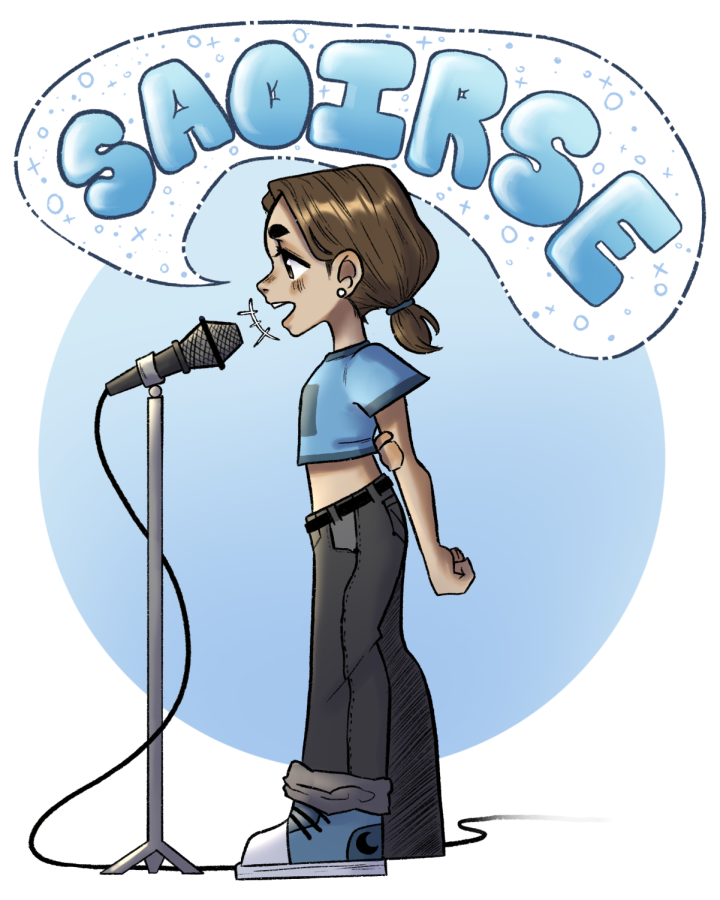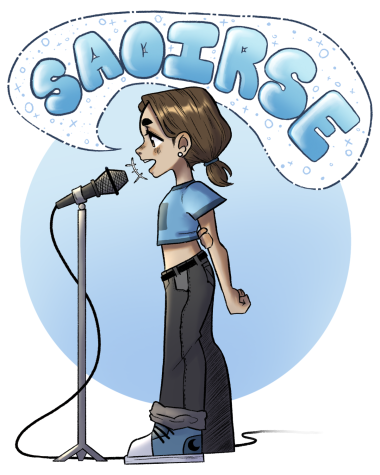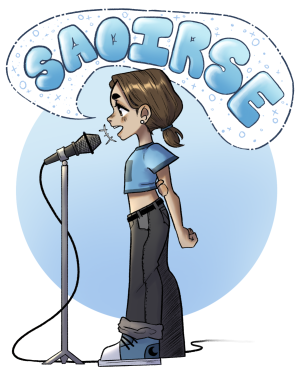Canvas introduces new feature allowing students to record a pronunciation of their name
June 26, 2023
Canvas will include a new feature that gives students the ability to record a pronunciation of their name for better understanding by peers as part of an ongoing initiative to foster a sense of belonging at UT.
The feature is called Namecoach, and it integrates with pre-existing programs used by businesses or schools, such as Canvas. It creates name pronunciations by using either a self-made recording or by pulling from a database filled with accurate audio name pronunciations.
According to their website, “Our names are central to our unique identities, and saying them correctly is the first step in connecting with, respecting and appreciating one another. Namecoach aims to solve the common problem of name mispronunciation and gender pronoun communication in as many critical settings as possible.”
Art Markman, Vice Provost for Academic Affairs, says this feature is part of an effort over the next several years called the Longhorn Learning Experience that seeks to improve tools used in the classroom, such as Canvas, to promote better learning.
“The idea behind it is that we strive in the classroom to create a sense of belonging,” Markman said. “We’re a community and there are many ways to kill the community and one of them is to just really do a terrible job pronouncing somebody’s name.”
Architecture junior Koral Nava (pronounced: koh-rahl), who dealt with others mispronouncing their name, said it can be hard to speak up when someone pronounces your name wrong and this feature makes it easier for people to assert how they want to be referred to.
“For me, especially having gone into these spaces where people saw me digitally for the most part and now I’m physically there, it’s a little harder to ask someone upfront (how to pronounce their name),” Nava said. “It’s a nice step forward in respecting people and acknowledging that not every name is pronounced the same and that there’s a way of seeing someone differently whenever you actually make an effort to pronounce your name correctly.”
Nava said they and their friends with harder names to pronounce have experienced teachers giving them nicknames or using shortcuts because they do not want to make an effort to pronounce their names correctly.
“I also acknowledge (my name) is difficult to pronounce. … I know for a lot of people in my life it was difficult to pronounce,” Nava said. “I started acknowledging if you’re putting an effort into actually pronouncing my name correctly, I respect that rather than you completely denying my desire to have my name pronounced correctly.”
Markman said that it is a sense of community and belonging that makes it easier for students to handle adversity at a university, which this feature hopes to address.
“I think for people who may be first-generation students or who may come from other backgrounds that are not the norm at the university, you may come to UT and not feel like you belong,” Markman said. “The more that it becomes easy for everyone to just know how to pronounce everybody’s name, no matter what their background is, that just creates that sense of community, that sense of belonging that then feeds back on the whole learning experience.”





